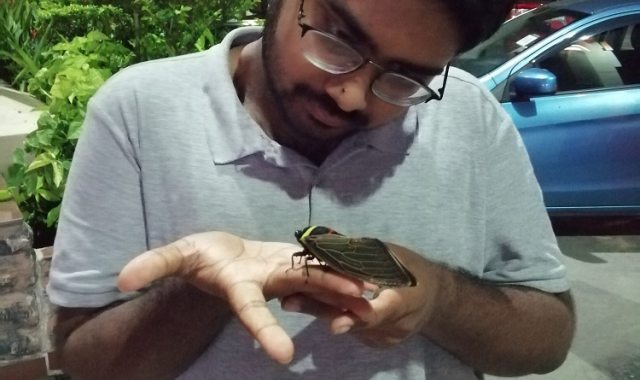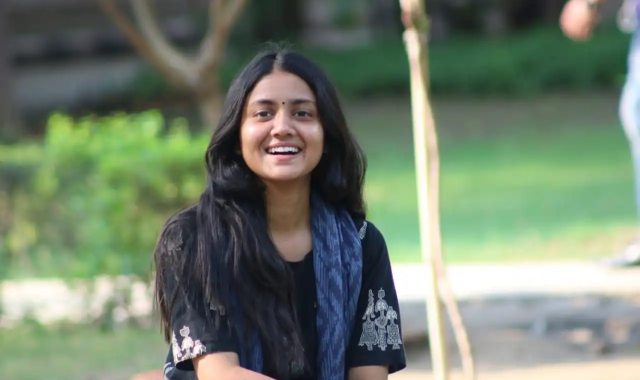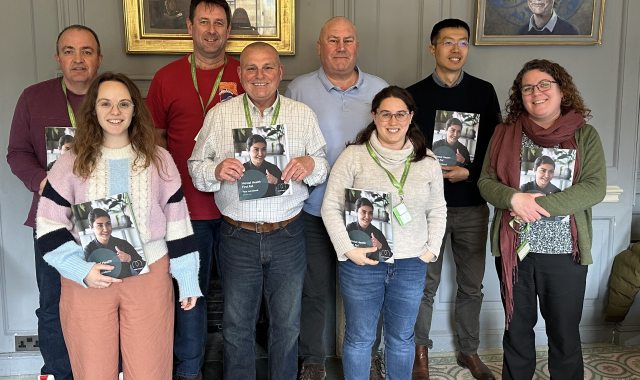Good Intentions: exploring economic ‘fixes’ in Africa
- 20 November 2023
- 4 minutes
Gonville & Caius College Fellow Dr Bronwen Everill explores how Africa became a site of repeated economic experimentation in her forthcoming book Good Intentions.
The Director of the Centre of African Studies at the University of Cambridge and 1973 Lecturer in History at Caius, Bronwen explores how visitors to Africa have tried to “fix” perceived problems they have encountered since the end of the slave trade until the present day.
She presented the work in the Gloria Carpenter Annual Lecture, titled Good Intentions: Slavery, Abolition, and Inequality in the Modern World, at Selwyn College last month, discussing how misunderstandings about Africa have played a regular role in the shaping of ideas about how economies should function, what the role of the economy in society is, how governments could intervene in the economy, and what makes people work.
Interventions, with good intentions, were followed by a cascade of further interventions as humanitarians, policy experts, and business leaders tried to address issues, as Bronwen explains.
“A lot of them had limited benefits. One of the problems with the idea that any of them was going to be a silver bullet is that when they do have a limited benefit, that isn’t necessarily accounted for in the next generation’s interventions,” she says.
“Every generation wipes the slate clean and tries to start from scratch. Every time it needed to be a new big winning idea, rather than slow gradual development.
“The main takeaway is that throughout it doesn’t bear any resemblance to what people on the ground are wanting. It’s about other people’s priorities, rather than being a ground up idea.”
There are, Bronwen says, repeated patterns to many interventions. There may be a focus on trade and next on agriculture, and then a return to trade. The book looks at inflation, how it gets linked to poor governance and corruption, for example. It also looks at ideas about education, or structural progress.
For instance, if investment is made in hydroelectric dams to provide a lot of electricity and is proven to be a “successful” intervention, the next wave of development funding may go to something else entirely. Then the maintenance of those dams suffers and they do not function as well, subsequently being perceived to have failed.
Bronwen’s book, which is to be released next year, tells the stories of people who were attempting to make interventions.
“It's all these little individual stories which are illustrating bigger changes about how people think about the economy,” she adds.
“The book moves chronologically, and it was about finding the exemplar stories that illustrated what people were thinking about most in that period and how they used Africa as an experimental teaching ground for economic theories.
“The point is it’s not necessarily that just by having people with good intentions involved that you can break away from imperialism or bad outcomes. People are trying to intervene helpfully, but in ways that misunderstand local economies, power dynamics, local cultures, so there are snowball effects on further interventions.”
An example is the tale of Anna Maria Falconbridge, who was the first English woman to give a narrative account of experiences in Africa, with letters published in a book, Narrative of Two Voyages. Her 1791 visit to Sierra Leone attempted to paint a picture of wealth and poverty, but, Bronwen says, she is “missing some of the key indicators of wealth in the local economy”. While trying to compare wealth, she misses parallels with British society.
“Here as much as there you can tell how wealthy someone is by who they’re connected to,” Bronwen says.
Another example is missionaries being shocked to see women out in the field working the land, rather than in the domestic setting like in a Christian society. Women moved away from work, but now this is being challenged.
Bronwen adds: “Fast forward 200 years and the idea women are in the home has been reinterpreted by aid agencies and similar organisations as a traditional African belief. And we now ‘need to bring in our enlightened values about where women belong’, without realising this was a missionary project in the first place. The first intervention causes where we are now.”
As Director for the Centre of African Studies, Bronwen has an interdisciplinary knowledge of the continent. Her role is focused on building the community and advancing knowledge through seminars, speakers and recruiting academics.
“It’s really fun and rewarding; it’s a great community,” adds Bronwen, who is already working on her next book, looking at Africa during the age of revolutions, from 1760 to 1848.



